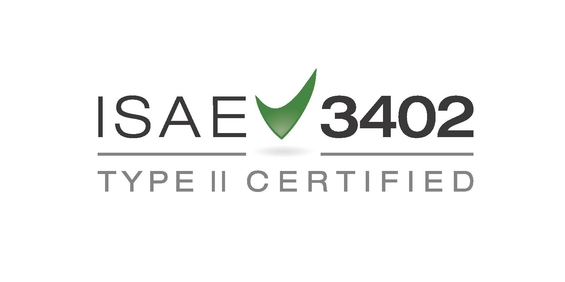SFDR and ESG policy Providence Capital
On 10 March 2021, the European Sustainable Finance Disclosure Regulation (SFDR) became applicable. This regulation grew out of the EU’s Sustainable Growth Action Plan, and is thus part of broader efforts at European level to make the financial sector more sustainable.
The regulation requires financial companies, including Providence Capital, to disclose information on how they consider sustainability aspects (also known as environmental, social and governance aspects (‘ESG’) when investing.
In the sections below, you can read more about how Providence Capital takes sustainability aspects into account when investing.
Sustainability risks
Providence Capital considers sustainability risks when investing. By a sustainability risk, Providence Capital understands the following:
‘An environmental, social or governance event or condition (also known as: an ESG factor) that, if it occurs, could cause an actual or potential material negative effect on the value of the investment’.
These may include one or more of the risks listed below:
- Climate change: The changing climate presents risks such as extreme weather events, rising sea levels and changes in precipitation patterns, as well as changes in laws and regulations. These risks can affect sectors such as agriculture, tourism, insurance companies, and infrastructure.
- Use of natural resources: The depletion of natural resources, such as water, minerals, and fossil fuels, can lead to scarcity, price volatility, and disruption of supply chains. These risks can occur in sectors such as industry, materials, energy, and utilities.
- Governance and ethics: Poor governance, corruption, conflicts of interest and lack of transparency can lead to reputational and legal consequences for companies.
- Social and labour issues: Risks in working conditions, human rights, labour rights, and social inequality can damage companies’ reputations and lead to legal disputes, boycotts, or work stoppages.
- Technological changes: Disruptive technologies, such as artificial intelligence, automation, and digitalisation, can have both positive and negative impacts on sectors and labour markets, and can raise ethical and privacy issues. These risks can arise in sectors such as telecommunications and information technology.
Providence Capital invests globally, among others through funds in various asset classes. Due to the wide spread of investments and diversity of products, any of the above sustainability risks could occur. Sustainability risks are integrated into the investment process by considering all relevant aspects of an investment, including sustainability risks, when selecting and monitoring investment funds – as far as possible.
Integration of sustainability risks in the remuneration policy
Providence Capital has an elaborate remuneration policy, the summary of which can be found on its website. The design of the remuneration policy, in which fixed remuneration is the most important and the measures Providence Capital has additionally taken for variable remuneration, does not encourage undesirable behaviour, such as taking irresponsible (sustainability) risks.
Moreover, employees are assessed on both financial and non-financial performance indicators (including responsible risk-taking behaviour) during the annual appraisal.
No consideration of adverse impacts of investment decisions on sustainability factors
The above describes how Providence Capital deals with sustainability risks: the potential negative effects of sustainability factors on the value of investments. However, the reverse situation is also possible: investments can have an adverse effect on sustainability factors. This is also known as ‘’adverse impacts of investment decisions on sustainability factors‘’. For example, investments can (indirectly) contribute to climate change, environmental pollution, or income inequality.
Providence Capital aims to grow its clients’ assets over the long term at an acceptable level of risk. Various risks are considered various risks, such as price risks, liquidity risks, and sustainability risks.
Steering to avoid adverse impacts on sustainability factors is currently not part of the investment policy. Providence Capital does not structurally weigh possible adverse impacts on sustainability factors when making investment decisions. The availability and quality of data on potential adverse impacts is still evolving, which hampers the adequate analysis and integration of such considerations into the investment process, especially when investing through funds of external fund managers. Providence Capital closely monitors developments in this area and will periodically review this decision.
31/12/2024
Find out more
If you would like to learn more about Providence Capital’s approach to responsible investment and the integration of sustainability issues, you can download our Responsible Investment Policy here.

